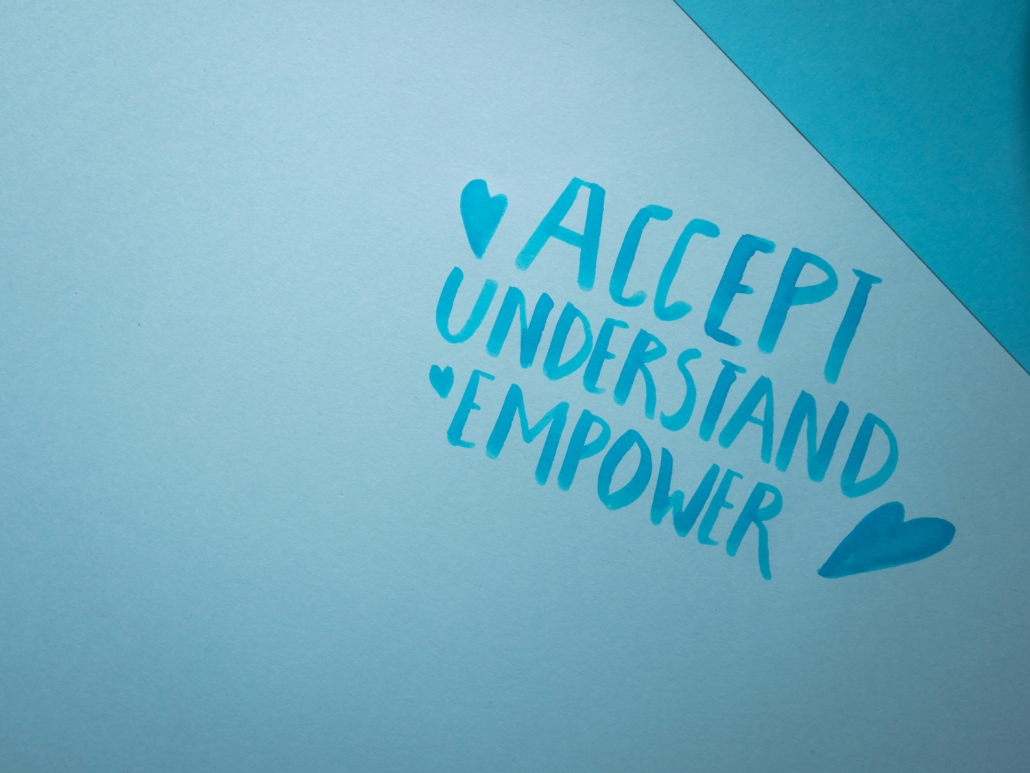WHY THEY TRY TO FIX YOU

A client asked “Why do they try to fix me?” Her family and friends either criticized what she was doing or went into fix-it mode whenever she confided in them. What she needed was to be listened to, empathized with, and encouraged. We had a discussion in group, and I promised to write a blog on the subject as well.
Reasons We Lean Toward Fixing
A common reason for why they try to fix you lies in the uncomfortable feelings that listening to your story stirs in them. Friends and family are not the only ones who feel pulled to tell you what to do.
As a therapist, I sometimes felt drawn toward fixing but learned not to give in to it. What I feel when listening is often a good guide to what you feels. For instance, I may feel helpless when you talk about what’s happened, and I know this probably mirrors your sense of helplessness. Learning to sit with fear and discomfort while being empathetic and supportive of client self-determination is a skill set.
Social work research indicates that listening, empathizing, and giving therapeutic information provides the conditions for clients to take control of their own lives and make decisions for themselves. When someone tells you what to do, it delivers an unintended message, whether it’s a professional or family and friends. It feels like they aren’t trusting your ability to decide for yourself.
Friends and family who try to fix you are usually coming from a place of fear or worry over what you tell them. One common instance of this is being told you should leave. This is often done without considering the dangers or whether you are ready for it. Expressing concern about safety and brainstorming options while respecting your choices empowers you.
Disbelief and Minimization
Many survivors also encounter disbelief and minimization. This feels both shocking and painful. I recently found a pithy truth relating to this in my fiction reading, The Xenocide by Orson Scott Card.
“People really only believe in what they’ve seen before.”
How true this is. Social scientists agree; they indicate that you unconsciously look and listen to confirm what you already think or believe. Annie Duke writes that we frequently form beliefs without examination and continue to believe them even when we receive corrections.[i] This tendency may interfere with you being heard when your experience is different from others’ preconceived opinions about a partner.
Another issue lies in how people perceive victims of abuse. Malcolm Gladwell in The Tipping Point[ii] says there is a blind spot in how we process information called the Fundamental Attribution Error. This describes a mistake people make by focusing on traits such as helplessness or submission over the situation you are in. When a victim displays those traits with an abuser, others may assume this means the victim is always helpless. They don’t recognize that you often respond differently to an abusive person than you do in other situations. This explains why they try to fix you, as if you aren’t capable of making choices on your own.
I also believe that when people don’t believe victims’ stories, sometimes it’s because you are articulate and assertive with them. Again, they aren’t taking into account the power imbalance with an abuser, so do not recognize that you also have strengths. Difficulty recognizing both victimization and strength is attributed to a “reducing valve” by Walter Mischel.[iii] When you see one pattern of behavior, such as submission, you have trouble giving credence to other behaviors, such as independence and competence.
Compliance as a Survival Strategy
Compliance is a survival strategy in coercively controlling relationships. The July 2011 report “Creating Safety by Asking ‘What Makes People Vulnerable?’”[iv] speaks of the culture of compliance with disabled people, but I believe it applies to able-bodied victims as well. However, compliance backfires later if it leads you to be compliant with other people even when it’s not in your best interests.
The catch 22 with helpers is they may expect those seeking help to be compliant and accept their direction without taking into account your situation. If you don’t accept their direction, you may be seen as resistant instead of competent to decide what’s best for you.
The report also identifies another reason people don’t believe victims: a failure to imagine.
“If we can’t imagine that these things are happening, then we can’t create more safety.”
Those who haven’t experienced victimization have trouble conceiving that perpetrators behave the way they do. Especially if they’ve seemed charming or rational to them.
They may also have difficulty understanding your behavior if they don’t recognize that brains wired with pain and trauma respond differently than those wired with love and safety. Trauma symptoms may interfere with your ability to articulate and focus, for instance.
On the other hand, someone who has experienced trauma may think their solution must also be yours. The report summarizes that,
“When we draw conclusions based only on our own points of view, we are missing significant parts of (their) story.”[v]
What Empowers You
When you seek help, you may ask what you can do. That provides information but doesn’t mean you’re asking to be “fixed.” It is a disservice for anyone to give advice that tells you what you should do. What you really need are information, new perspectives, skills, resources, and encouragement. Friends, family, and therapists are valuable supports when they provide these so that you can make the best choices for yourself.
[i] Duke, Annie. Why Your Brain Clings to False Beliefs (Even When It Knows Better) 02/11/18 https://www.fastcompany.com/40528587/why-your-brain-clings-to-false-beliefs-even-when-it-knows-better
[ii] Gladwell, Malcolm. The Tipping Point. New York: Back Bay Books/Little Brown & Company, 2000.
[iii] Ibid.
[iv] Creating Safety by Asking “What makes People Vulnerable?” Developed through Wisconsin’s Violence Against Women with Disabilities and Deaf Women Project: Disability Rights Wisconsin, Wisconsin Coalition Against Domestic Violence, Wisconsin Coalition Against Sexual Assault, July 2011.
[v] Ibid.

